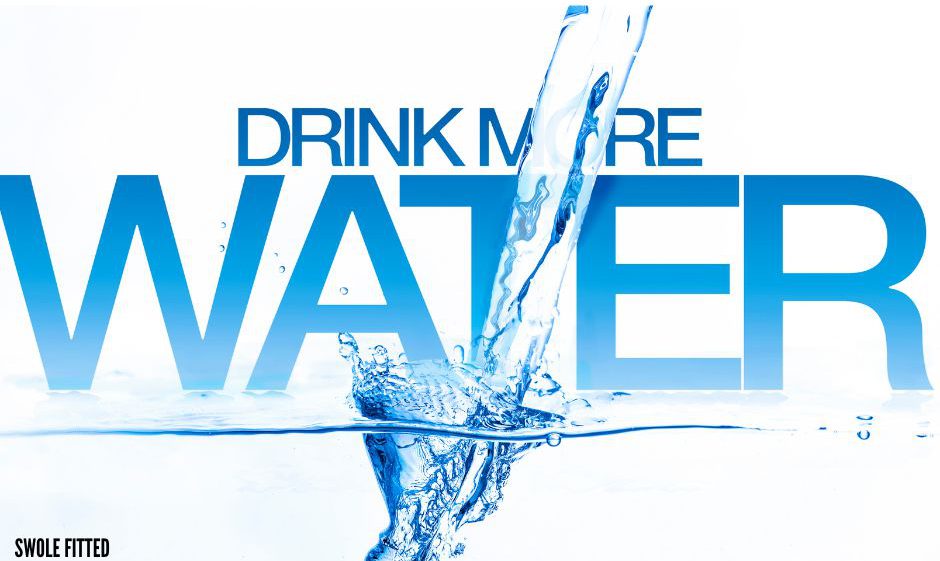Hydration plays a crucial role in your fitness performance and overall health, yet it’s often overlooked in workout routines. At Swole Fitted Training, we emphasize the importance of maintaining proper hydration levels before, during, and after exercise to optimize performance and aid recovery.
Here’s what you need to know about staying hydrated as part of your fitness plan.

Why Hydration Matters
- Enhances Performance. Adequate hydration helps maintain your endurance, strength, and reaction times. Even slight dehydration can lead to significant decreases in performance.
- Regulates Body Temperature. Water helps regulate your body temperature through sweat, helping to prevent overheating during intense workouts.
- Prevents Injuries. Proper hydration helps maintain lubrication in your joints, reducing the risk of muscle cramps and injuries like strains and sprains.
- Aids in Recovery. Hydration is key to flushing out toxins and facilitating muscle repair. It helps transport nutrients to the cells and removes waste products from the body.
How Much Should You Drink?
The amount of water you need can depend on many factors including your size, the intensity of your workout, and the environment. A general rule is to drink about 17-20 ounces of water two to three hours before exercising, 8 ounces during warm-up (or 20-30 minutes prior to exercise), 7-10 ounces every 10-20 minutes during exercise, and 8 ounces within 30 minutes after exercising. Additionally, drinking 16-24 ounces of water for each pound of body weight lost after exercise is essential for restoring hydration levels.
Tips for Staying Hydrated
- Carry a Water Bottle. Keep a water bottle handy during your workouts, and sip frequently.
- Monitor Your Urine. The color of your urine is a good indicator of your hydration status. Aim for a light yellow color; dark urine suggests you need to drink more water.
- Include Electrolytes. For longer or more intense workout sessions, consider a beverage that includes electrolytes to replace sodium and other minerals lost through sweat.
- Eat Hydrating Foods. Foods with high water content such as cucumbers, celery, oranges, and watermelons can also contribute to your overall hydration.
Hydration Myths Debunked
It’s important to debunk some common myths about hydration:
- Myth: If you’re thirsty, you’re already dehydrated. While thirst is a signal from your body that you need fluids, it doesn’t necessarily mean you’re dehydrated. Listen to your body and drink when you feel thirsty.
- Myth: You can never drink too much water. It is possible to drink too much water, a condition known as hyponatremia, where the balance of electrolytes in your body is disrupted. This is why including electrolytes in your hydration plan can be important.
In conclusion, staying properly hydrated is as essential as any other part of your training regimen. It ensures you perform at your best and recover effectively. Stay tuned for our next blog, where we’ll explore the importance of strength training for beginners.
With Swole Fitted Training, we keep you informed and prepared to tackle every aspect of your fitness journey, ensuring you stay hydrated and healthy every step of the way.



